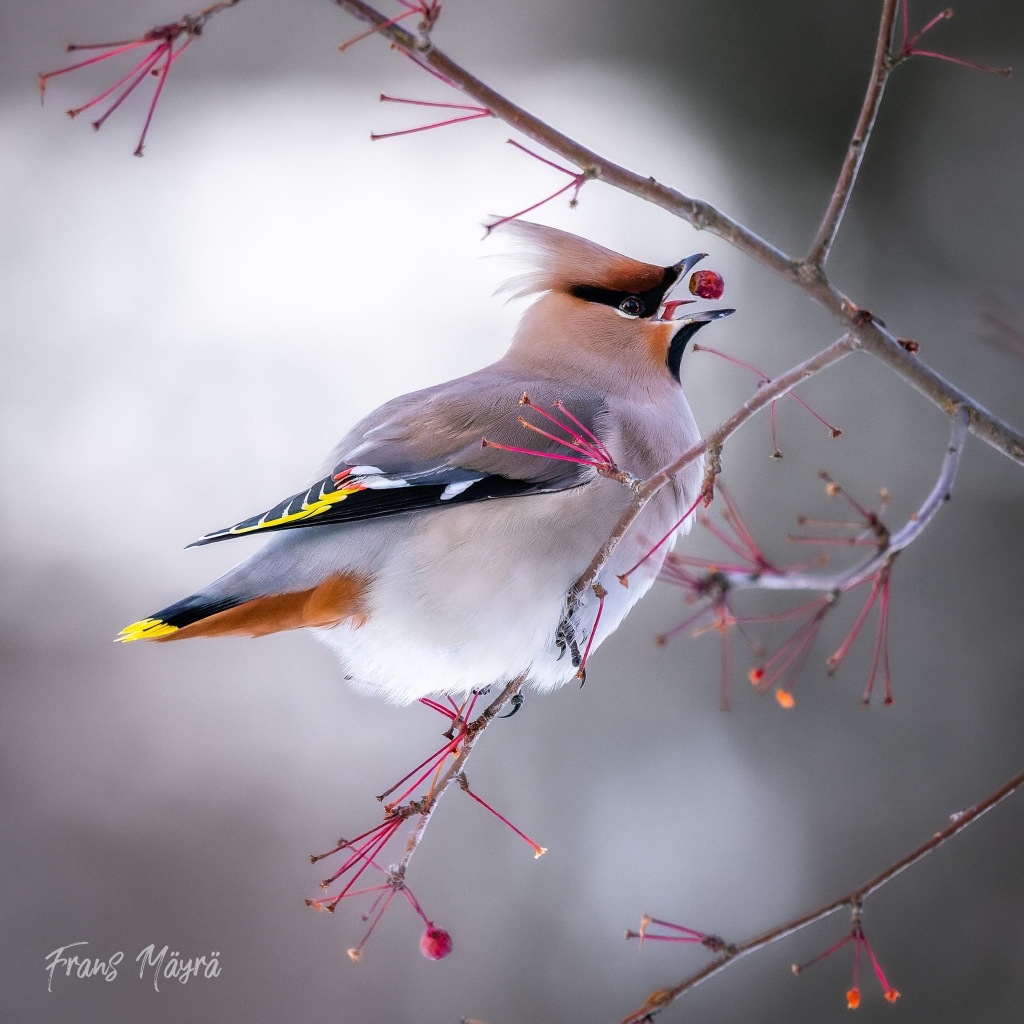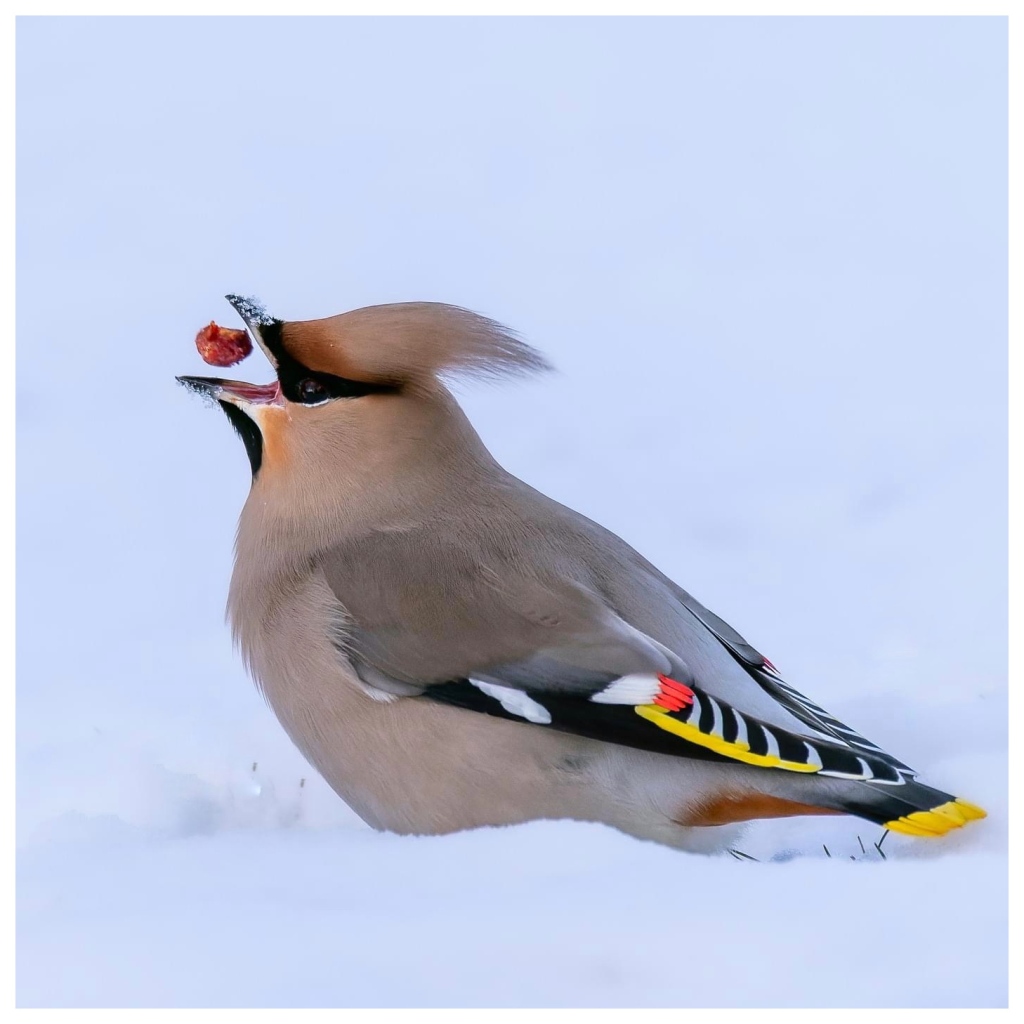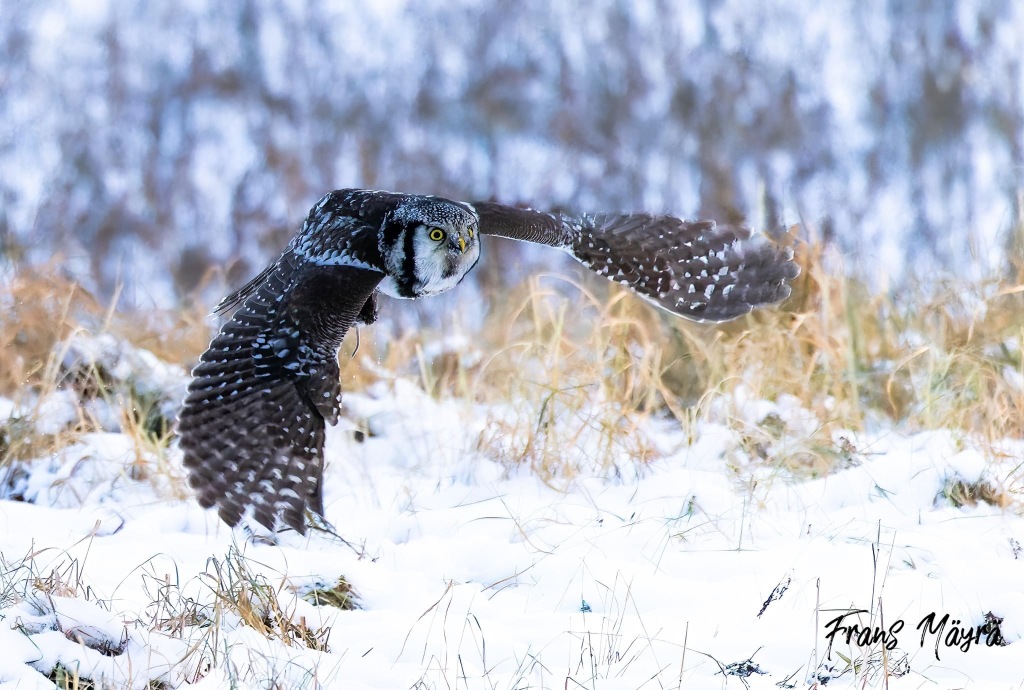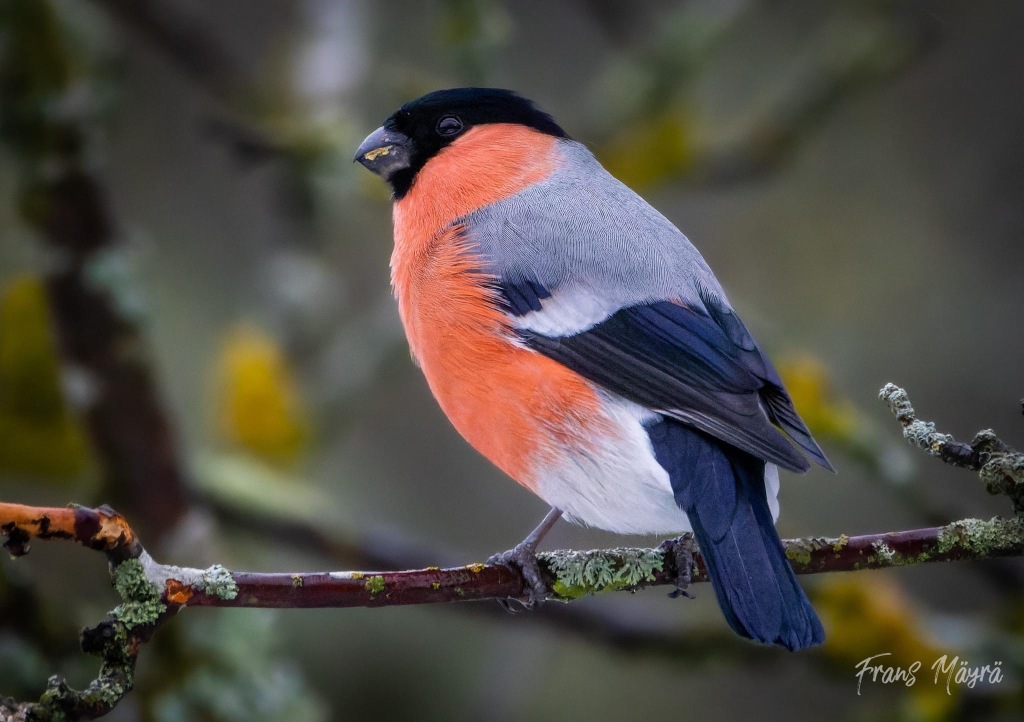[This is cross-posted from the Centre of Excellence in Game Culture Studies’ website]
Two recent studies of Professor Frans Mäyrä, both published in the open access journal GAME, deal with a key research theme of CoE-GameCult – the cultural agency in games. The first article is titled “The Player as a Hybrid – Agency in Digital Game Cultures” and it outlines how the power relations informing the agency of players have evolved into increasingly complex and hybrid directions. The second article is titled “Game Culture Studies and the Politics of Scholarship: The Opposites and the Dialectic”. This study deals with the socio-cultural character and agency of game studies more generally, in an intellectual and disciplinary historical context, providing also a historical framing for the agenda behind the Centre of Excellence. Both articles have in common that they deal and emphasise the role of cultural and historical understanding, focusing on dialogue and interplay between elements that are often perceived as discrete or even oppositional.
Articles:
The separation of player and the game is not as clear and unambiguous as everyday thought might tell us. German philosopher Hans-Georg Gadamer theorized already in Truth and Method, his major work published in 1960, how an individual must surrender certain freedom of agency and start following the rules outside of their volition while playing games: in a sense, the game plays the player – or, as he writes, “All playing is a being-played” (Gadamer 2004, 106). The article connects this fundamental realisation about the complexity and intertwining of game and player in game cultural agency with several other orientations in game studies; firstly, with the work of David Sudnow (1983) and Brendan Keogh (2018) analysing the micro-level power dynamics of embodied-bodily relationships of games, players and game controllers.
Secondly, in the ambiguous positionality of players’ mental and physical relation to player characters in games: like Bob Rehak (2003) has analysed, players are simultaneously “using” the cursor-like character as a tool (external to their selves, yet as extensions of their agency) while also facing ambiguous potentials for identification and imaginative immersion with the in-game characters. The situation of playing and the constitution of game cultural agency emerges as a complex and tensioned phenomenon when all these analyses are brought together. The player agency is simultaneously human and non-human, connected both with the liberating and empowering potentiality of games being used for developing players’ skills while playing subjects become engrossed in the challenge and in-game fiction – while simultaneously also being defined and delimited by both the technologies, game rules and other in-game elements that largely determine the nature of this evolving complex of agency.
This mixed and tensioned agency is theorized further in the first article within the framework of cultural-technological hybridization: connected with Haraway’s cyborg theory (1988), anti-essentialist theories of extended selves and work in Platform Studies, “The Player as a Hybrid” article concludes by connecting a cultural history of technology perspective with contemporary concerns with physical-digital playful technologies and the growing awareness of multi-layered structural power relationships that saturate the contexts where game cultural agency is constructed and critiqued today. Thus, the “Cartesian dualism” of clearly separated mind and matter, physical and virtual dimensions of players and games do not provide functional foundations for studying game cultural agency without nuanced analyses into the related anti-essentialist and hybrid dimensions of agency.
The second recently published study, “Game Culture Studies and the Politics of Scholarship” continues on this realisation that a better understanding of power analyses is needed, in order to position the project and contributions of the cultural game studies. Set within the context of special issue of GAME on “Taboos of Game Studies”, the article turns an eye towards “culture wars”, “theory wars”, “ludology-narratology debates” and asks where this confrontational dynamic is coming from, and how it is related to the cultural study of games.
Adopting a long-range intellectual history perspective, the article discusses how even in the Antiquity there were fundamental disagreements between Idealist (later “Rationalist”) and Empiricist thinkers. There are good reasons for seeing “real knowledge” both as something that is based on humans’ internal, cognitive and cultural categories of thought, as well as for finding knowledge in the opposite direction, in the external reality. As knowledge is also power, there is a long history of power struggles underlining certain key fundamental positions that have informed science, scholarship and also the emergence of contemporary game studies. The article discusses in detail the postmodern (or post-structuralist) awakening in 1960s and 1970s, dealing with the (often rather slippery) capacity of language and conceptual thought to “produce” the reality it aims to represent or unravel. The conflict between two philosophers, Jacques Derrida (1988) and John R. Searle (1997), is highlighted in order to show that there are strategically different ways “To Do Things with Words” (rephrasing here John L. Austin and his work on “speech act theory”). In the end, the article argues that both philosophers are “doing violence” against the complexity of their topic, in their drive to make their theoretical position clear (that is, non-hybrid or “pure”). Theoretical priorities and political strategies appear as inextricably intertwined in the analysis.
The clear, pure and theoretically uncompromising positions are discussed also in the context of analysing game studies’ roots in literary studies’ theorization. The “New Criticism”, a formalist movement in the first part of the 20th century is discussed in the article for clarifying how formalism in art and cultural studies emerges with strategic motivations for separating the “pure” text or work of art from experiential, historical and bodily realities of human beings – as the classic “Intentional Fallacy” and “Affective Fallacy” papers (Wimsatt & Beardsley 1946; 1949) showcase. The early game studies’ emphasis on developing formalist tools for games as the isolated subject of study appears as a logical continuation of this project. The political consequences of this became soon apparent, as some early “ludologist” positions declared irrelevance of all representational and storytelling related dimensions of games, thereby willingly ignoring the obvious displays of sexism, stereotypes and political toxicity in games and game culture more generally. While upholding “pure” and uncompromising formalist position, this phase of early game studies was revealed to be unable for providing game scholars with solid foundation, at the latest when there was an urgent need for responding to #GamerGate attacks (as initiated in 2014).
The article concludes with some self-critique and re-reading of An Introduction to Game Studies: Games in Culture textbook (Mäyrä 2008), from the politics of scholarship perspective. While having its limitations, the main emphasis of this book is on emphasising the contextual character of meaning-making, and that at least still appears as valid and valuable: we cannot erase the player, nor the power structures and conditions surrounding both the development and uses of games, while making sense of games. The focus of game studies should be on the operation of these rich interactions, including structural, representational as well as dynamic, process and performance related dimensions, discussing also critically the effects of cultural, particular and systemic contexts for the agency, meaning making and research itself. The ensuing dialectical and inclusive research agenda is then discussed with the concrete example of The Centre of Excellence in Game Culture Studies, established as a multidimensional and multi-voiced site for doing cultural game studies – and one that can hopefully help to move the scholarly attention from dramatic oppositions and war-derived metaphors into the long-standing tradition of dialogue and dialectic in game studies.
References:
Derrida, J. (1988). Limited Inc. (G. Graff, Ed.; J. Mehlman & S. Weber, Trans.). Evanston (IL): Northwestern University Press.
Gadamer, H.-G. (2004). Truth and Method. London & New York: Continuum International.
Haraway, D. (1988). Situated Knowledges: The Science Question in Feminism and the Privilege of Partial Perspective. Feminist Studies, 14(3), 575–599.
Keogh, B. (2018). A Play of Bodies: How We Perceive Videogames. Cambridge, MA: The MIT Press.
Mäyrä, F. (2008). An Introduction to Game Studies: Games in Culture. London & New York: Sage Publications.
Rehak, B. (2003). Playing at Being. In Mark J. P Wolf & Bernard Perron (Eds.), The Video Game Theory Reader (pp. 103–27). New York: Routledge.
Searle, J. R. (1997). The Construction of Social Reality. New York: Free Press.
Sudnow, D. (1983). Pilgrim in the Microworld. New York: Warner Books.
Wimsatt, W. K., & Beardsley, M. C. (1946). The intentional fallacy. The Sewanee Review, 54(3), 468–488. Retrieved from JSTOR.
Wimsatt, W. K., & Beardsley, M. C. (1949). The affective fallacy. The Sewanee Review, 57(1), 31–55. Retrieved from JSTOR.











You must be logged in to post a comment.